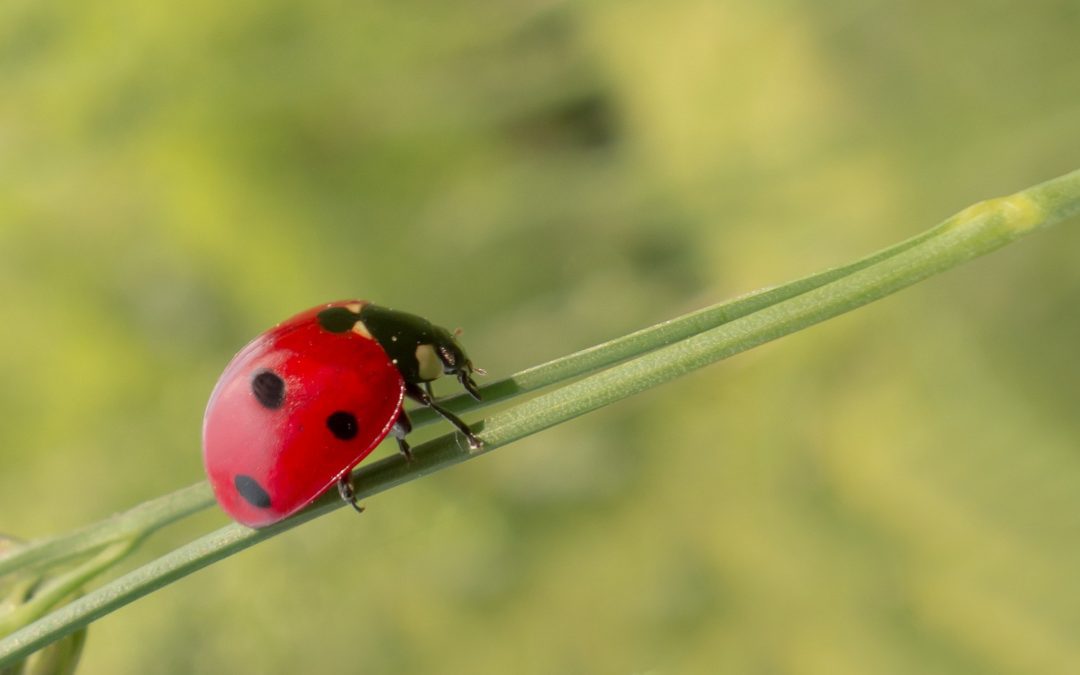Ants, mosquitoes, termites, wasps, and bees are all pests you can expect to see buzzing and crawling through Eastern North Carolina this spring. But, don’t worry—we cover Craven, Carteret, Onslow, and Pender counties. So, you’ve got a team on call to keep you keep your home pest-free this spring.
While all pests have a role in our ecosystem, we don’t enjoy seeing them in our homes or bothering our families. Ants, wasps, and bees can all leave painful bites or stings that may cause allergic reactions. Termites can cause irreparable damage to the structure of your home. Mosquitoes carry disease and leave behind bites that will have you itching for days.
Seeking help from experts to keep your house pest free this spring is important, but there are steps you can take to help prevent pest problems and ensure that treatments have maximum effectiveness. Here are a few things you can do to keep pests off your property during springtime.
- Keep food stored in airtight containers and clean up crumbs daily. Ants, wasps, and bees need to find food and will find their way into your home or backyard in search of it. Wash dishes and regularly wipe down countertops to remove sources of food for insects and pests.
- Clean up debris in your yard. Termites, mosquitoes and many insects and pests are attracted to debris and shrubs for shelter. Keeping your yard cleared of debris and trees, shrubs and grass trimmed will make your yard less inviting to pests.
- If you have firewood that you store outside, keep it several feet away from your house to help prevent termites from invading your home.
- Light citronella candles and use bug spray to keep mosquitoes at bay, especially while outside. If you have standing bodies of water that you can drain, like a bird bath or a kiddie pool, we also advise that you clear those as well. Standing water will attract mosquitos for breeding.
- Monitor your yard for ant hills, mud tubes, and hives. The sooner you detect them and get help, the better. Have your property inspected by one of our highly trained professionals to identify colonies before they become a larger infestation problem.


Recent Comments